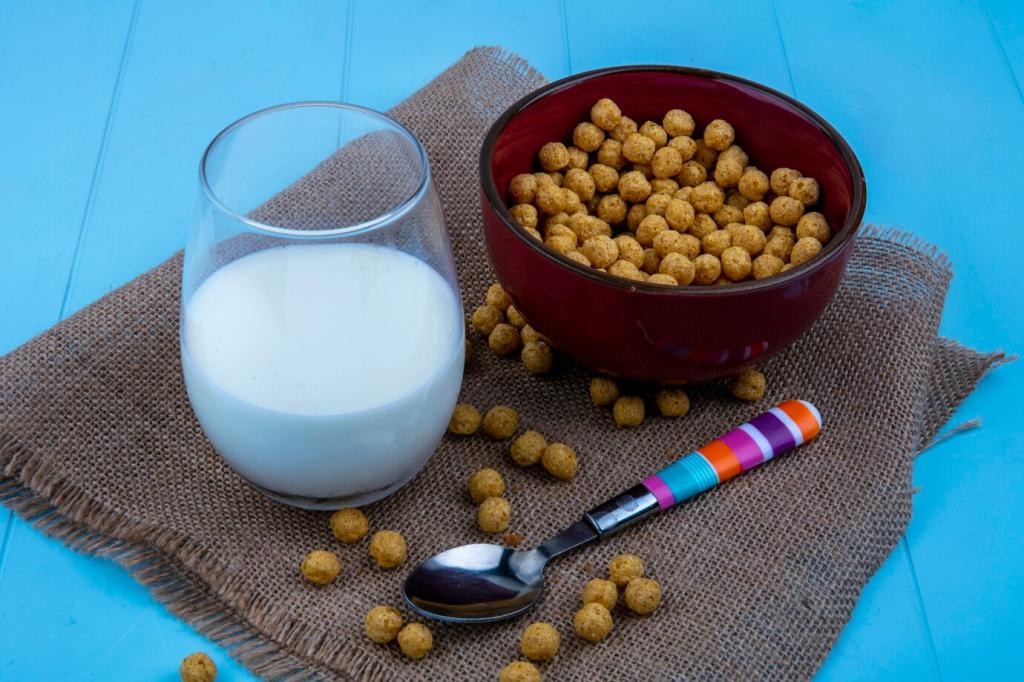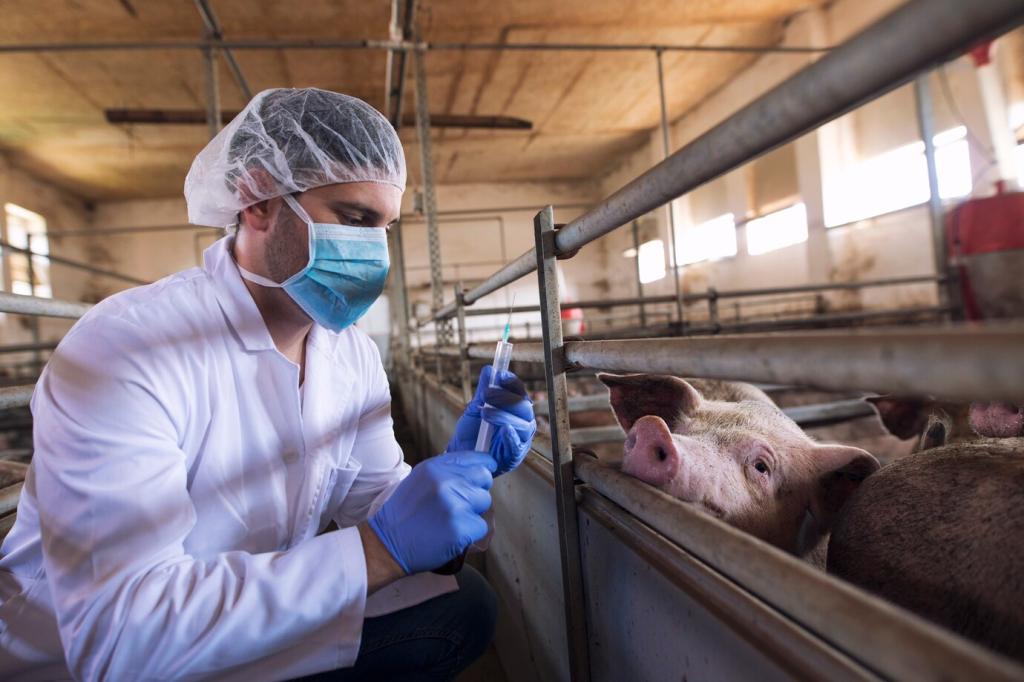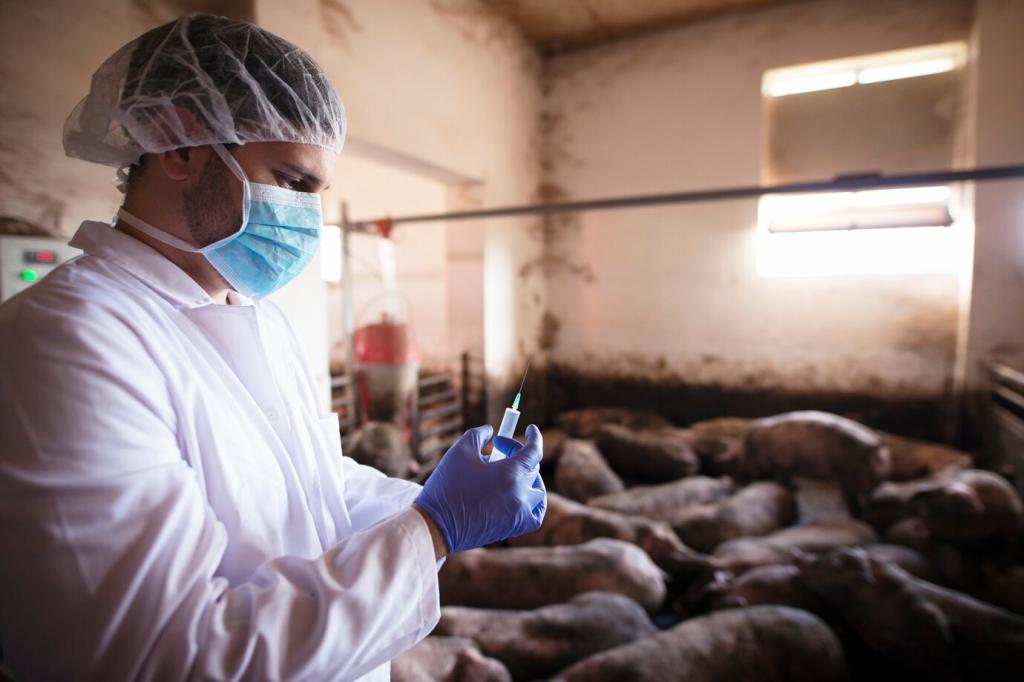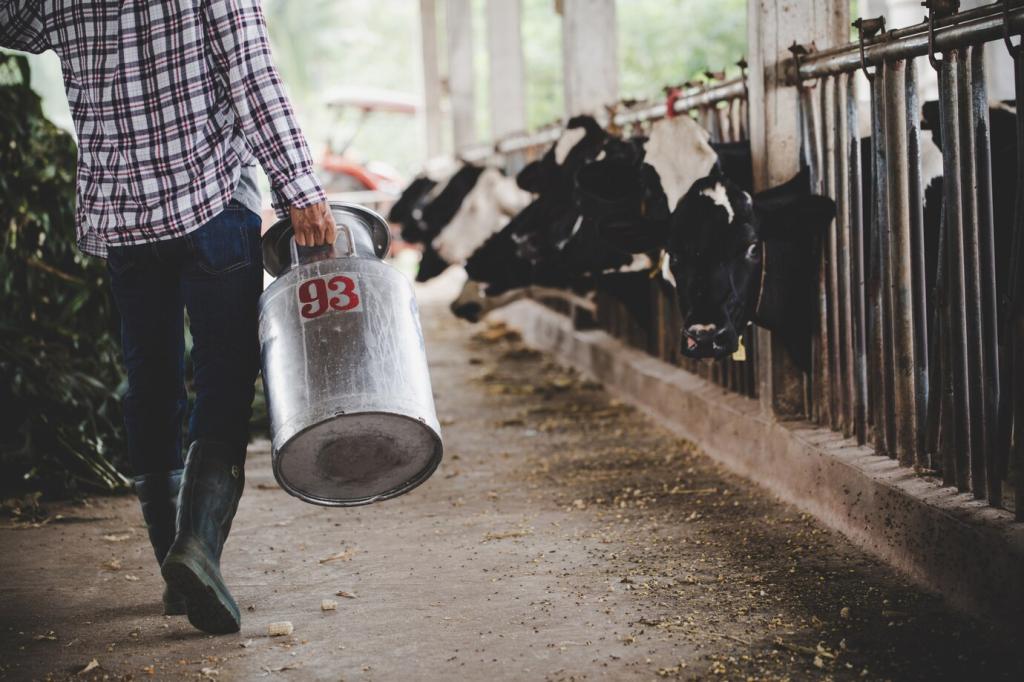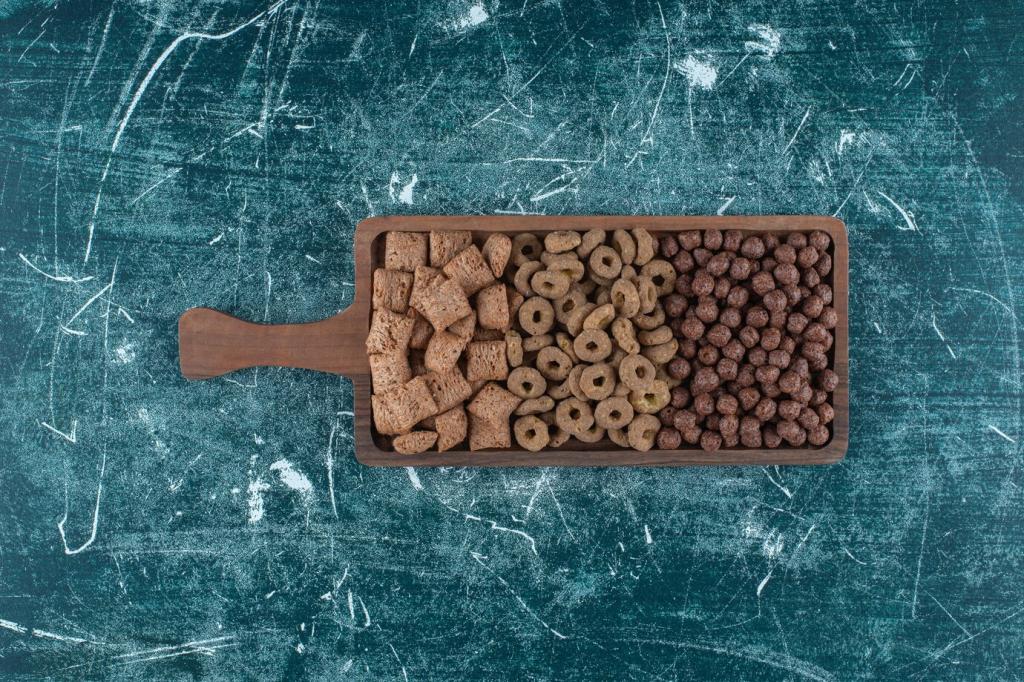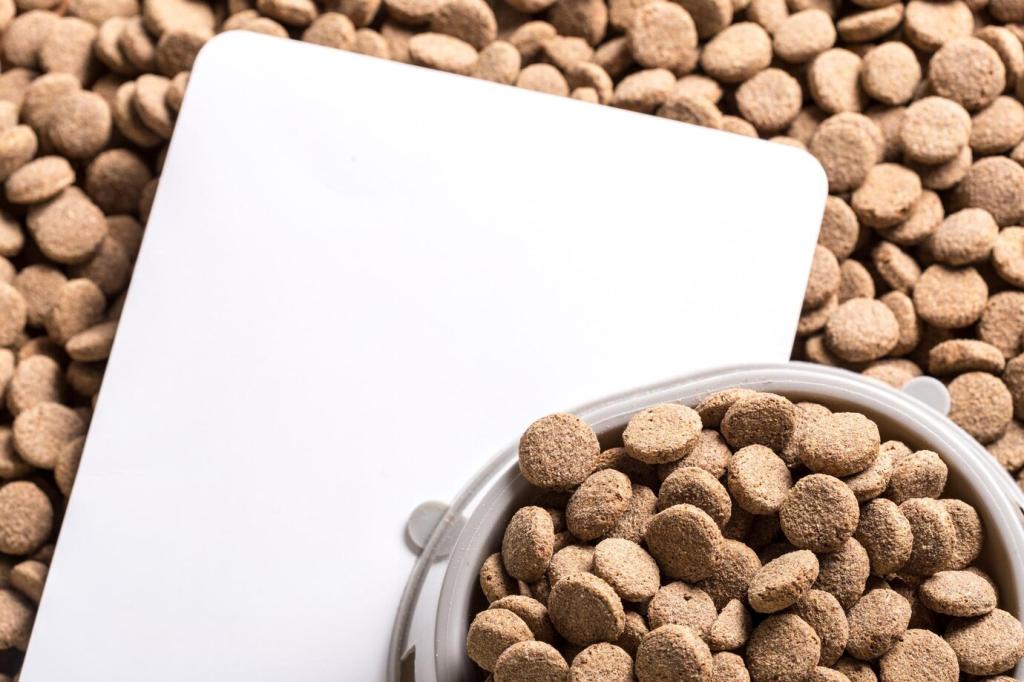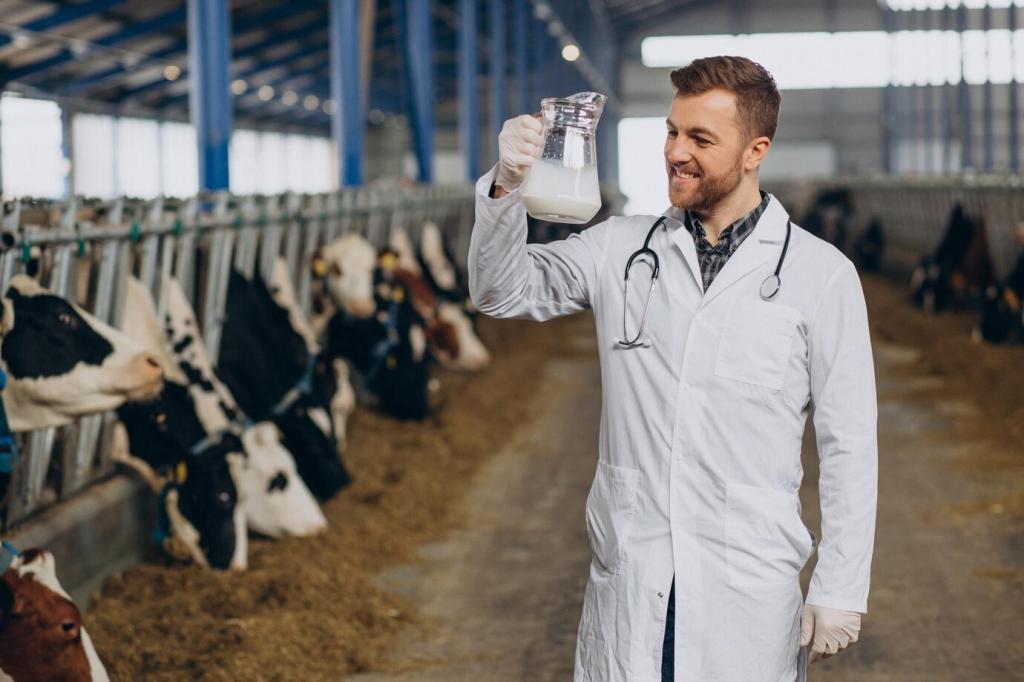Real-World Stories and Practical Wins
After a winter slowdown, Luna looked soft around the middle. A gradual shift to a protein-rich formula, careful portions, and weekend hikes restored her muscle definition and zest. Her owner now logs meals weekly; share your tracking tips so other readers can stay consistent.
Real-World Stories and Practical Wins
Dan trains protection sports and times meals to support recovery. A high-protein dinner with fish oil follows hard sessions, while lighter breakfasts keep focus sharp. His Rottie relaxes deeply after training, then trots out the next morning ready to work again with bright eyes.

